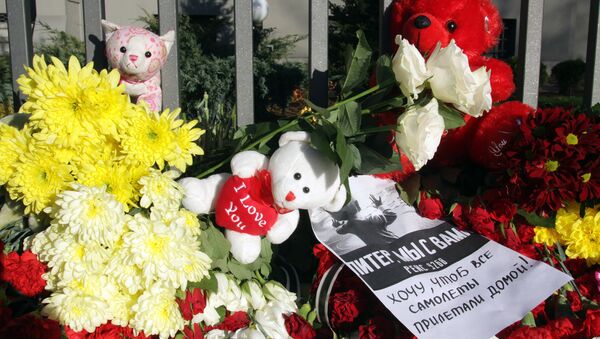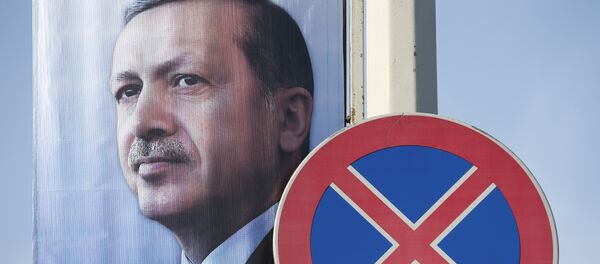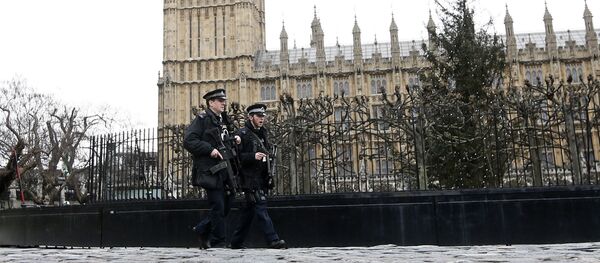However awful that body count was, it was a drop in the ocean of terror inflicted deaths in Africa, Beirut, Egypt, California, Turkey and elsewhere throughout 2015.
Days before 2015 arrived, on 16 December last year, 132 children in Pakistan were killed in an attack by jihadi gunmen on a school in Peshawar. In March this year, more than 140 people were killed in suicide bomb attacks on two mosques in the Yemeni capital, Sana'a.
Excluding Syria and other active war zones there have been over a hundred attacks this year around the world, which equals two per every week of the year. The total death toll is just under 3,000 people.
Reaction to these deadly attacks has morphed into a loop: first, there is shock, then fear, anger but, eventually, people settle into a vague sense of complacency as governments offer assurances that the perpetrators will be, or have already been caught and punished.
This punishment in 2015 took the form of bombing raids on terrorist bases far away from home, with France and Britain being the latest examples. But is it not what the terrorists want — to draw the entire world into a global fight?
Weary Farewell
As 2015 draws to a close, people around the world are bidding a weary farewell to a year marred by a seemingly endless spate of terror deaths that left many nations reeling and nerves rattled.
In Bangkok, partygoers rang in the New Year at the site of a recent bombing, under the gaze of extra police.
And in EU's capital Brussels, having thwarted what they say was a holiday terror plot, the authorities have cancelled festivities altogether.
Fear of an imminent attack in Europe has been exacerbated by the huge influx of refugees from the war-torn countries of Africa and the Middle East. Almost a million people arrived in Europe, mostly from Syria, Iraq and Afghanistan, ravaged by years of US-led Western intervention. The only tangible result of this intervention has been the rise of yet another terrorist international, calling itself Daesh.
This encouragement of Syrian insurgency has backfired with apparently more people joining the so-called Daesh than the so-called "moderate opposition". According to the Soufan Group, specializing in security intelligence, 31,000 foreign fighters joined Daesh by the end of 2015.
A Suspect Minority
However, if at the beginning of the year Daesh was "on a roll" as David Phillips, a former senior adviser to the State Department on Iraq put it, "the caliphate has been restricted, hemmed in and is under more pressure now than it ever has been particularly with the start of the Russian airstrikes," Matthew Henman, head of IHS Jane's Terrorism and Insurgency Center told NBC News.
What a calamitous failure of Western policy-making it is, says a veteran broadcaster Robin Lusting that the message of jihadi zealots, whether online, in mosques or in jail, can be more attractive to young Muslims around the world than the alternatives that should be on offer.
The task for 2016, he says, is to "craft a response that reaches young potential jihadis before they turn in desperation to an apocalyptic vision of a global caliphate. A response that encourages them to feel an integral part of the society in which they are growing up, rather than part of a suspect minority in which everyone is regarded as a potential terrorist."






